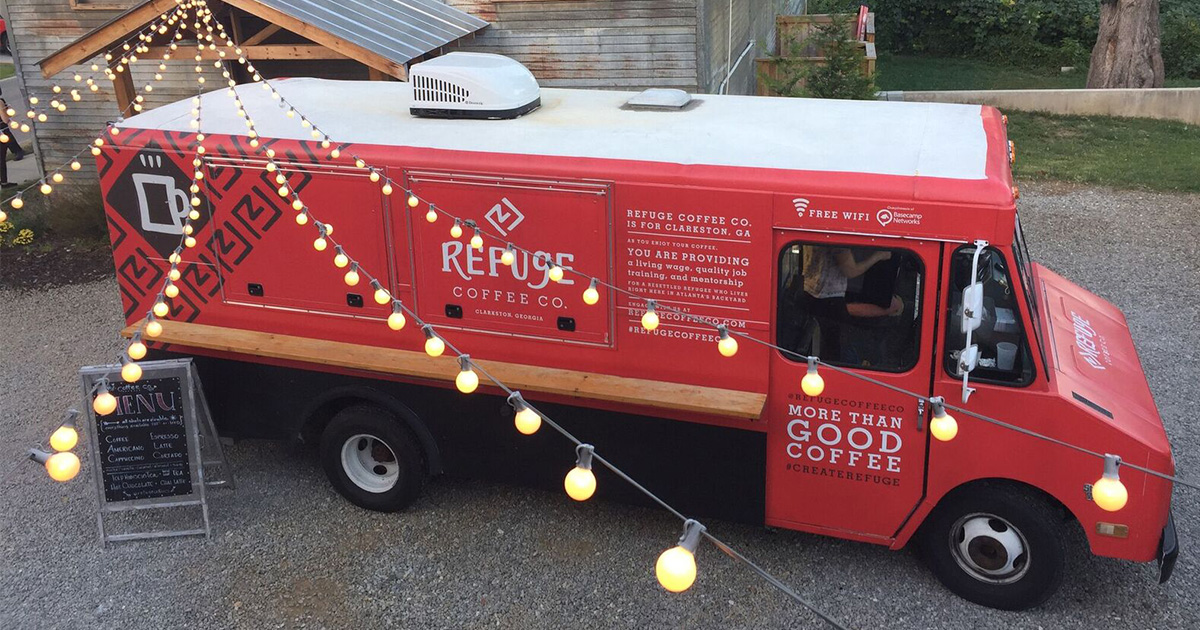Is it possible to start a bar food truck that serves beer, wine, or hard alcohol? The simple answer is that in most situations you won’t be able to. Liquor licenses are determined on both the state and city level. As a result, you will need to look into your state and city laws to determine if this is an option for you. With that being said here are some things to consider if you’re in the planning stages of starting a food truck that serves alcohol and the reasons why accomplishing this goal will be difficult.
There are a couple reasons getting a mobile liquor license will be a challenge. First, most counties have a limited number of licenses that they can grant each year. If you live in California for example, after successfully completing your application, you will be placed into a lottery to receive your license. According to this report, there were 25,000 applicants for a liquor license and a total of just 25 new licenses would be approved. Depending on the municipality you plan to operate the wait time may not be as long as with this example.
The second challenge unique to mobile food units is that a liquor license must be submitted for a specific location. Each location has its own set of unique zoning requirements. As a mobile drink vending unit, you would probably like to be able to take advantage of your mobility right? With the existing laws, you would need to have a different license for each location you planned to serve. With liquor licenses starting at $12,000 it won’t make financial sense to operate your business this way.
How this Concept Could Work in Your Area
You will still need to confirm your operations are on the up-and-up with the local municipalities with each of these examples, but in some situations you may be able to acquire a food truck with the intent of serving alcohol. Here are a few scenarios where a food truck that serves alcohol could work:
- If you currently own or manage a golf course, you may be able to use a mobile food unit to serve alcohol on the course.
- If you already own an establishment such as a brewery, you may be able to serve food and beverages from the vehicle while on your property.
- Special event or temporary licences: Events like rock-and-roll concerts often have temporary permits that can be acquired to serve at a specific event.
- Want the look of a food truck, but don’t actually plan to move it? If you have a permanent location it will make the process of obtaining a license much easier.
Basic Steps to Getting a Liquor License
Step 1: Determine type of liquor license you need: Beer and wine VS liquor licensee. Many areas have less stringent rules for businesses that only plan to serve beer and wine versus hard alcohol or mixed drinks. Depending on the concept your planning to launch.
On-sale or off-sale: If you plan to serve drinks at your location an on-site license will be needed. If you would like to sell 6-packs of beer for enjoyment at home you will need an off-sale license.
Step 2: Contact Information for State Liquor Licensing Authority. These are the entities that will understand the specifics of registering for a license in your area.
Step 3: Complete License Applications. In some situations, it may make sense to review this license with a legal professional to ensure you understand everything that is being required.
Step 4: Completed Business Plan. You will need to complete a business plan that demonstrates how you plan to use the liquor licenses and what type of sales volume you expect to generate with the business.
Step 5: Money for fees. In many scenarios you will need to pay in excess of $10,000 to get started so make sure this expense is accounted for within your business plan.

